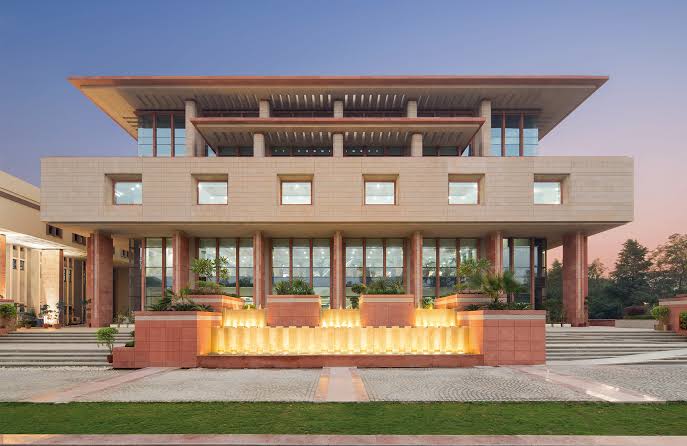-
by Admin
15 February 2026 5:01 PM



Justice Prasad emphasizes the importance of balancing rights of the accused with the need for justice in granting bail to Amit Mishra.
In a significant ruling, the Delhi High Court granted bail to Amit Mishra, who was accused of dowry death under Sections 498A, 304B, and 34 of the IPC. Justice Subramonium Prasad, presiding over the case, emphasized the absence of any risk of evidence tampering or witness intimidation by the petitioner. The court’s decision underscores the balance between the gravity of the accusations and the rights of the accused during the judicial process.
The case centers around the tragic suicide of Kiran Mishra, the wife of Amit Mishra, on February 11, 2023. The incident was reported to the police via a PCR call, and the investigation was assigned to SI Ankit of the Nangloi Police Station. Upon arrival at the scene, it was discovered that Kiran had hanged herself with her dupatta from a window grill. Statements from Kiran’s father and brother, recorded by the SDM of Punjabi Bagh, indicated that the deceased had been subjected to harassment and demands for dowry, which included a bike, a gold chain, a ring, and ₹2.5 lakh in cash. This harassment allegedly led to her taking her own life, resulting in the registration of FIR No. 183/2023 against Amit Mishra and his family.
Justice Prasad noted that the investigation was complete and the charge-sheet had been filed, thus reducing any potential threat of evidence tampering by the petitioner. "Looking at the strata from which the Petitioner comes, it cannot be said that the Petitioner would be in a position to tamper with evidence or give any threat to the family of the deceased," he stated.
The court acknowledged the seriousness of the accusations but found no substantial evidence to suggest that Amit Mishra would exert any undue influence on the witnesses. The judgment emphasized that the petitioner's societal roots diminish the likelihood of absconding, ensuring his presence for trial proceedings.
Justice Prasad referenced the Supreme Court's guidelines from Prasanta Kumar Sarkar v. Ashis Chatterjee for granting bail, considering factors such as the prima facie evidence against the accused, the nature and gravity of the accusations, and the potential risks if the accused were released on bail. Applying these parameters, the court found no justification for prolonging the petitioner’s incarceration.
Justice Prasad remarked, "No doubt, the offences alleged against the Petitioner are serious in nature but that alone cannot be a reason to deny bail to the Petitioner." He further noted, "The veracity of the allegations levelled against him can be tested during trial."
The court's decision to grant bail, despite the severity of the charges, reflects a nuanced approach to pre-trial detentions, balancing the rights of the accused with the need for justice. This ruling may influence future cases involving dowry-related offences, highlighting the importance of thorough investigation and the protection of accused individuals' rights before a conviction is secured.
Date of Decision: July 15, 2024
Amit Mishra VS The State Govt. of NCT of Delhi
